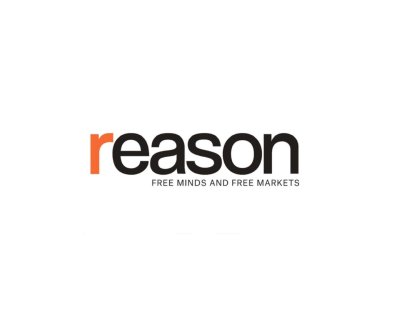Confessions
“Yet men go out and gaze in astonishment at high mountains, the huge waves of the sea, the broad reaches of rivers, the ocean that encircles the world, or the stars in their course. But they pay no attention to themselves.” —Saint Augustine, Confessions
To know a little about Saint Augustine (354—430) is a dangerous thing. To know a little about anyone or anything of importance is also a dangerous thing, especially today when a news blip (perhaps transplanted by some bot farm) that skates across our screens is taken for truth and repeated ad nauseam; when the players are playing the played; when the plague of FOMO (Fear of Missing Out) infects the unquiet mind with rabid restlessness and unquenchable want; when rage is running rampant and volatility in all its forms and its attendant psychosis are enflaming our lives and incinerating the social contract. In today’s world, there is no dousing this conflagration with the balm of truth that will set us all free; truth only fans the flames.
You need not be a Christian or even believe in God—if that word for a transcendent creator is somehow too odious, but that’s the word Augustine used and I will be using here—to want to understand what Augustine had tried to do with his momentous life. And the depth of our understanding depends on our willingness to see him first and foremost—as he himself would want us to see him—as just another struggling soul who messed up some things in his life, who tried to change his ways, and who tried to show others how they, too, could make amends and cure whatever ills they had allowed to take over their lives. The story that Augustine reveals to us in his Confessions is nothing if not that.
We can see ourselves in him—in his Confessions—if we open our heart and mind to our own foibles and faults and failures, to our desire for forgiveness of self and others, and to our longing to be swept away by the gifts of beauty. It’s true that this book is not the easiest to read. But even if this story of Augustine’s evolution is situated in a particular time and place and clothed in the language of scripture and ancient philosophy and even metaphysics, what Augustine achieved and passed on to us through his Confessions has universal value. His story is our story. It is the story of Everyman.
“Although his experiences are profoundly personal,” writes Paul Henry in his book, The Path to Transcendence: From Philosophy to Mysticism in Saint Augustine, “they are nevertheless so rich and so full that souls of every age and every land have been able to recognize in his descriptions their own finest and most beautiful experiences.”
***
I first read Saint Augustine’s Confessions in the spring of 1995. I had enrolled in a course on the life and times of Saint Augustine at a seminary in New York City. I audited the class, taking Amtrak once a week for the two-hour trip from my home in the Hudson Valley, to find out if I wanted to apply to the seminary’s Master of Divinity degree program.
Going into the course, I knew very little about the man and his times. What I knew about Augustine then was perhaps what most people know because so much has been made of it—that he struggled with sexual temptation and even once in his younger days admitted that he prayed to God, “Give me chastity and continence, but not yet.” He did this because—and here, as in so many other instances, context is everything—he goes on to write in his Confessions, “For I was afraid that you would answer my prayer at once and cure me too soon of the disease of lust, which I wanted satisfied, not quelled.” We cannot know exactly what was going through his teeming mind when he wrote this. Some say he was poking fun at his youthful self. And
Article from LewRockwell

LewRockwell.com is a libertarian website that publishes articles, essays, and blog posts advocating for minimal government, free markets, and individual liberty. The site was founded by Lew Rockwell, an American libertarian political commentator, activist, and former congressional staffer. The website often features content that is critical of mainstream politics, state intervention, and foreign policy, among other topics. It is a platform frequently used to disseminate Austrian economics, a school of economic thought that is popular among some libertarians.



